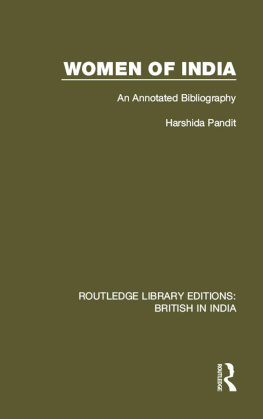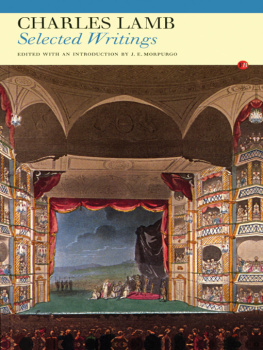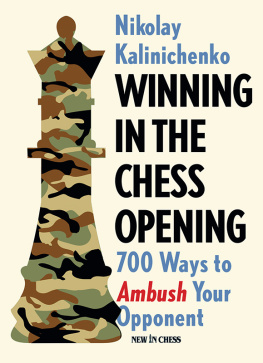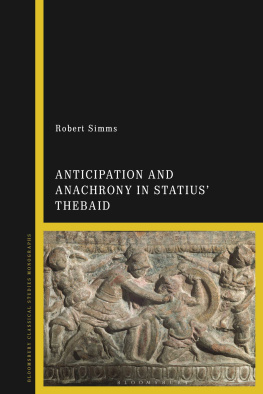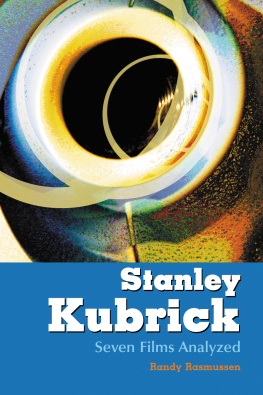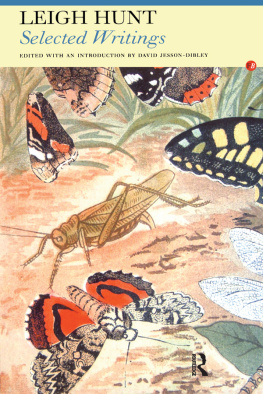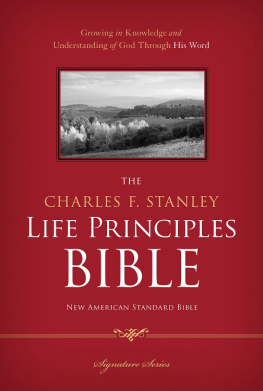The THEBAID

Publius Papinius Statius
The THEBAID
Seven against Thebes
Translated with an Introduction
by Charles Stanley Ross

The Johns Hopkins University Press
All rights reserved. Published 2004
Printed in the United States of America on acid-free paper
9 8 7 6 5 4 3 2 1
The Johns Hopkins University Press
2715 North Charles Street
Baltimore, Maryland 21218-4363
www.press.jhu.edu
Library of Congress Cataloging-in-Publication Data
Statius, P. Papinius (Publius Papinius)
[Thebais. English]
The Thebaid : seven against Thebes / Publius Papinius Statius ; translated with an introduction by Charles Stanley Ross.
p. cm.
Includes bibliographical references (p. ).
ISBN 0-8018-6908-0 (acid-free paper)
1. Seven against Thebes (Greek mythology)Poetry. 2. Epic poetry, LatinTranslations into English. 3. Polyneices (Greek mythology)Poetry. 4. Eteocles (Greek mythology) Poetry. 5. Sibling rivalryPoetry. 6. Thebes (Greece)Poetry. I. Ross, Charles Stanley.
II. Title.
PA6697.E5T5 2004
871.01dc22 2004008928
A catalog record for this book is available from the British Library.
Now for the bare-pickd bone of majesty
Doth dogged war bristle his angry crest.
Shakespeare, King John 4.3.14849
I do not scruple to prefer Statius to Virgil; his images are strongly
conceived, and clearly painted, and the force of his language,
while it makes the reader feel, proves that the author felt himself.
Robert Southey, preface to Joan of Arc (1798)
Contents
Introduction
The THEBAID
Exile
Ambush
Omens
Thirst
Women of Lemnos
Funeral Games
Earth Opens
Savage Hunger
Tide and Time
Sacrifices
Piety
Clemency
Notes
Selected Proper Names
Selected Annotated Bibliography
Acknowledgments
Introduction
Publius Papinius Statius lived from approximately a.d. 45 to 96. He was favored by the emperor Domitian, during a reign that degenerated into despotism. Although Rome was still pagan, Statius composed his epic in a period of religious fervor, within a few years of the Christian Gospels, the letters of Saint Paul, and the Midrash commentators. Like other writers on religious issues, Statius constantly questions the relationship between violence and divinity, but he differs in his decision to use the form of narrative poetry in the epic style as a vehicle for his thought. His work was ranked with that of Homer and Virgil throughout the Middle Ages and the Renaissance. Statius appears as a Christian in Dantes Purgatory, and he stands as a pillar of poetry in Chaucers The House of Fame. Many critical editions of the Thebaid (pronounced thee-bah-id or The-bai-id) date from the early seventeenth century, a period of religious war and strife in Europe.
Contributing scenes of terminal destruction to the vocabulary of Western literature, Statius writes of the spectacular deaths of six of the seven heroes who wage war against Thebes: Amphiaraus, Tydeus, Hippomedon, Parthenopaeus, Capaneus, and Polynices. The powerful impact of reading how Tydeus spends his last moments alive gnawing the severed head of his enemy prompted Dante to describe Ugolino chewing the skull of Archbishop Ruggieri in canto 32 of the Inferno. Statius is also known for illustrating a key stage in the decline of myth and the rise of allegory, as C. S. Lewis pointed out in The Allegory of Love. Boccaccio, for example, used the Thebaid, with its figure of Clemency, its House of Mars and House of Sleep, as a model for his influential Teseida. Boccaccios story, in which two men fight for the favors not of a city but a woman, in turn was the source of Chaucers Knights Tale, one of whose themes is the inability of social bonds to forestall violence.
The conditions of society often determine its aesthetics, and it is interesting to look in the past for changes in critical sensibility. A fifteenth-century Irish translator found in the Thebaid a prescient understanding of the forces that threaten civilization. When all ideologies are unmasked, no ones identity is safe, except the barbarians. Irish culture had reached such a point in 1487, when the violence of social disintegration gave birth to a translation in Gaelic. That work begins by rehearsing a series of local murders, and it is not hard to imagine the translator seeking understanding in Statius for the violence around him. The Irish Togail na Tebe incorporated into its text the fifth-century Latin commentary by Placidius Lactantius that had appeared in the first printed editions, and it was influenced by the medieval tradition of chivalric romance. Thus, at the beginning of the speech where Oedipus curses his sons, the translatorto explain otherwise elliptical references to Thebess historyhas Oedipus duel Laius at the crossroads because neither man would stoop to give his name. Such readings are creative and intense. A modern translation may reveal something equally compelling.
Statiuss Thebaid relates the strife of two brothers, Polynices and Eteocles, the sons of Oedipus, who struggle for control of an ancient Greek city. The myth of the founding of Thebes comes earlier, how armed soldiers sprang up from the furrows Cadmus plowed, creating discord and civil war. The story of Antigone comes after, the subject of Sophocles tragedy about a woman caught between the law of menCreons decree that she not be allowed to bury her brother Polynicesand a higher morality, which demands that she tend her brothers body. Statiuss subject, however, is neither the raw force that underlies civility nor the moral blindness of human lives but rather the sad horror and inevitability of conflict. The Thebaidis not about society as it developsthe emergence of civilization, order, and language as they overpower brute violence and political chaosbut the stress lines of the modern: the return of repressed violence and the fragmentation of culture. There is, it seems, such a thing as too much success, as well as too much failure, whether in Rome two thousand years ago or today. Even unopposed power may be uneducated, unsteady, liable to new problems but old emotions. Humans are self-destructive; anger comes easily.
Writing in a rhetorical style that stressed the emotions, Statius says that his task is to give length to lives (4.33; line numbers refer to the Latin text), and to do so he postpones the mutual slaughter of Polynices and Eteocles until almost the end of the poem. He replays, in his own style, many motifs that he drew from Virgils Aeneid. In that earlier Roman epic, the goddess Juno tries to delay the founding of Rome but her efforts are thwarted by fate. Nonetheless, Virgil is always economical; his story moves forward briskly. Statius, by contrast, prefers to linger. The provocation that drives the Argives to war occupies the Thebaid for three books. Some years then pass before the beginning of book 4, where Statius first catalogs the forces of the seven against Thebes and almost at once inserts the most pronounced digression in the poem: Bacchus, the god of wine, causes a drought that impedes the Argive advance on his hometown. The tactic Bacchus announcesmeanwhile I will use fraud to weave delay (4.677) resembles Statiuss own technique, for Statius relishes the story of Hypsipyle, who first leads the Argives to water, then recounts the saga of Lemnos (book 5), where the women slaughtered their men. The death of Archemorus requires lengthy funeral games (book 6) before the war can be resumed.
Next page

